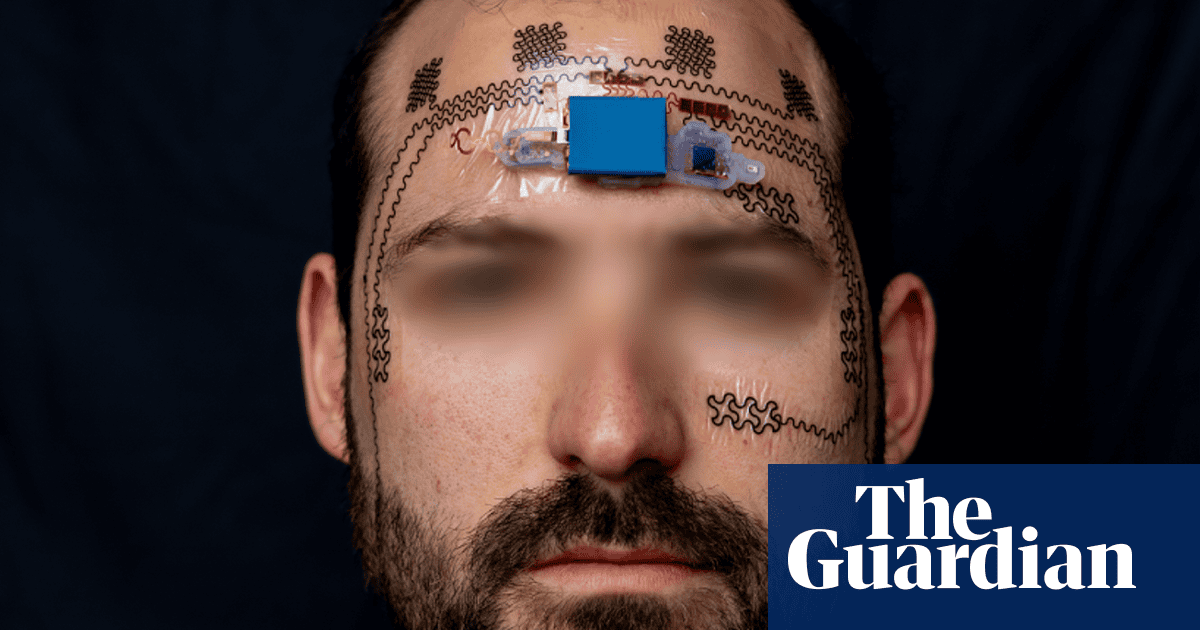Groundbreaking E-Tattoo Could Transform Workplace Safety
Scientists have developed an innovative electronic tattoo designed to monitor mental workload, offering potential benefits for professionals in high-stakes roles like pilots and healthcare workers. This device, attached to the forehead, aims to prevent catastrophes by alerting individuals when they're under excessive strain.
How It Works
The e-tattoo is a lightweight, flexible, and wireless device that uses EEG and EOG electrodes to track brain waves and eye movements. Unlike traditional bulky equipment, this tattoo is disposable and bespoke, making it a practical solution for real-time monitoring.
- EEG Electrodes: Positioned on the forehead to detect different regions of brain activity.
- EOG Electrodes: Placed around the eyes to monitor eye movements.
Proven Effectiveness
In tests involving six participants, the e-tattoo successfully correlated increased mental workload with shifts in brainwave activity. A machine-learning algorithm was then trained to predict mental workload based on this data, showing promising results.
Future Applications
With an expected cost of under $200, the team is working on integrating the device with an app to provide real-time alerts. This could help users adjust their workload before reaching critical stress levels.
"Optimal mental performance occurs when the workload is neither too low nor too high," explains Dr. Nanshu Lu, highlighting the importance of balanced cognitive demand.




Comments
Join Our Community
Sign up to share your thoughts, engage with others, and become part of our growing community.
No comments yet
Be the first to share your thoughts and start the conversation!